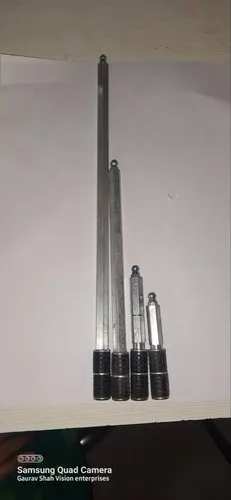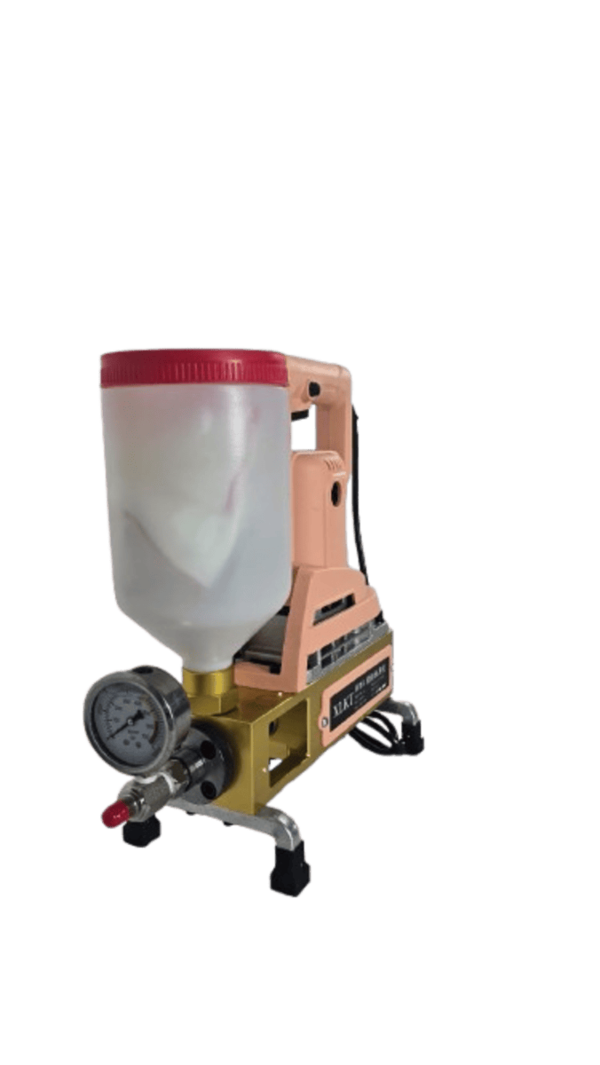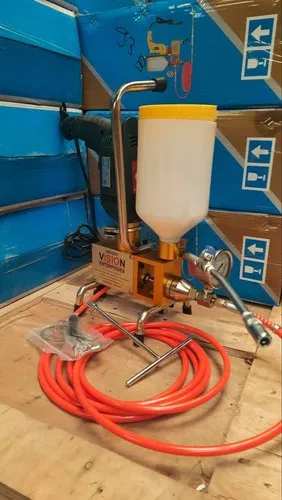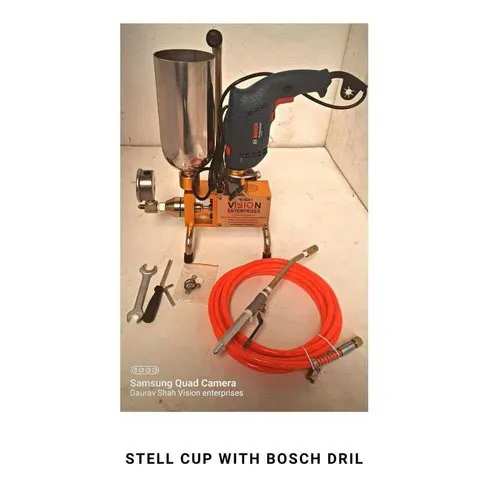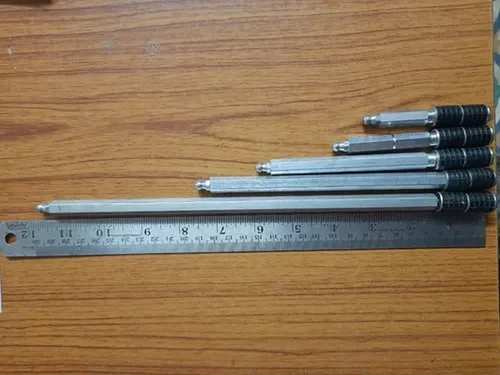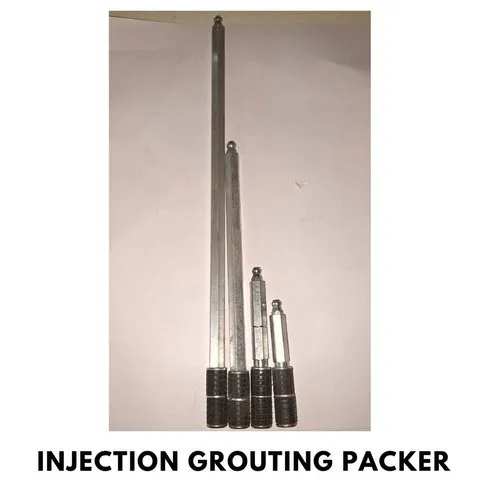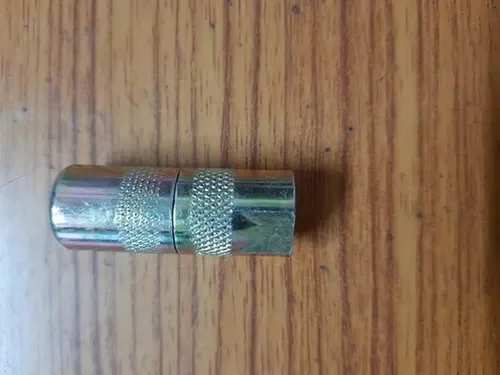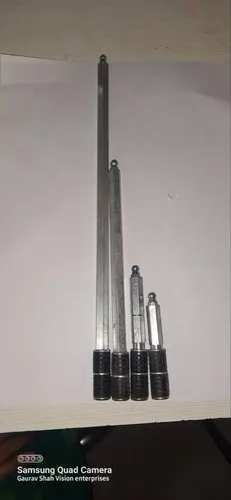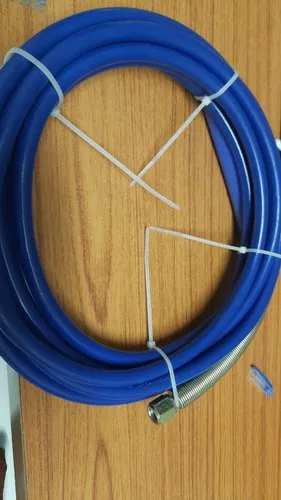Capacity: 1-2 ton Size: standard Brand: VE Color: Silver Material: SS Customisation: Not Customised Surface Finish: Polished Pu Grouting Packers: Sealing Cracks with Polyurethane Power Polyurethane (PU) grouting packers are essential tools for injecting polyurethane resins into cracks and voids in concrete structures. They play a crucial role in various repairs and strengthening applications, making them invaluable for construction professionals. Here's a breakdown of what you need to know about PU grouting packers: Function: Act as ports for inserting and injecting PU grout under high pressure. Create a tight seal within the crack to prevent grout leakage and ensure effective filling. Withstand significant pressure applied during the grouting process. Types: Single-port: Basic design with a single opening for grout injection. Multi-port: Feature multiple outlets for distributing grout over wider areas or targeting specific points within the crack. Check-valve: Includes a built-in valve that prevents grout backflow, ideal for horizontal or overhead applications. Removable/Re-usable: Can be extracted after injection and reused for multiple applications. Disposable: Designed for single-use, reducing cleanup time and potential contamination. Materials: Stainless steel: Highly durable and resistant to corrosion, preferred for high-pressure injections and demanding environments. Nylon/Polypropylene: Lighter weight and more affordable, suitable for smaller cracks and lower pressure applications. Key Features: Size variations: Available in various diameters to fit different crack widths. Connection types: Threaded or glued connections for secure attachment to injection hoses or pumps. Pressure ratings: Choose packers that can withstand the anticipated injection pressure for optimal performance. Ease of installation: Quick and simple installation saves time and effort on the job site. Applications: Crack repair: Filling and sealing cracks in concrete walls, floors, foundations, and other structures. Strengthening: Injecting PU grout to increase the load-bearing capacity of concrete elements. Waterproofing: Sealing leaks and preventing water infiltration through cracks.

